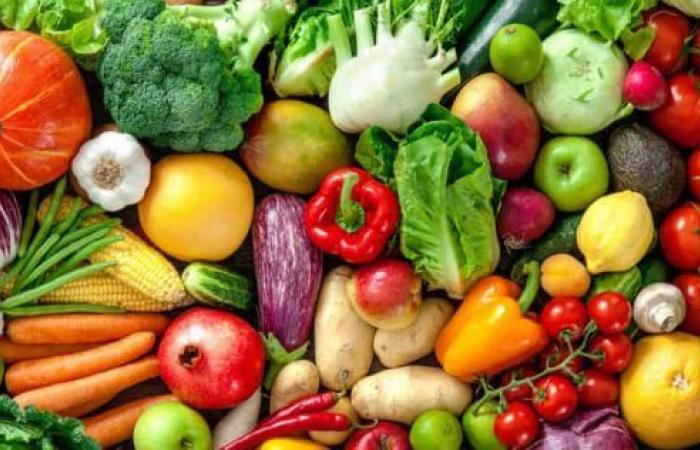
The celebration of World Food Day, on October 16 each year, constitutes an opportunity to raise awareness of the need to strengthen food security, particularly for hungry people in the world.
The choice of the theme “The right to food for a better life and future” for this year is not accidental since the right of access to healthy food is at the heart of human existence.
This access to food is not always achieved due to several factors, including armed conflicts and climate change. As a result, entire populations suffer from famine which can lead to death.
“Farmers around the world produce enough food to feed more than the world’s population, yet hunger persists,” reads the website of the Food and Agriculture Organization of the United Nations (FAO) which states that up to 733 million people face hunger due to conflict, repeated climate shocks and economic downturns.
This situation hits the poor and vulnerable people hardest, many of whom are agricultural households, reflecting the worsening inequalities between and within countries, estimates the UN organization.
Read also|Food security: Strengthening human skills, key to the challenges (M. Sadiki)
The transformation of current food systems has become a necessity to guarantee global food security and preserve productive natural resources for future generations, said Abdelhak Laiti, FAO Deputy Representative in Morocco. Agriculture can be sustainable when it integrates the three dimensions of sustainability, namely economic, social and environmental, underlined Mr. Laiti in an interview with MAP. Sustainable agriculture is that which applies the principles of sustainable development as defined by the international community in Rio de Janeiro in June 1992, specified Mr. Laiti, explaining that this “multifunctional” agriculture must ensure sustainable production of food, sought by populations, while respecting the ecological, economic and social limits likely to maintain this production over time. In the same vein, Professor Aziz Abouabdillah, teacher-researcher at the National School of Agriculture of Meknes, noted that “ensuring the right to food in times of conflict or natural disasters is a complex challenge, but it passes above all by implementing solid food sovereignty strategies, particularly for basic products such as cereals.”
In semi-arid countries such as Morocco where periods of drought are frequent and international conflicts affect imports, it becomes crucial to produce locally despite the scarcity of natural resources, the academic added in his statement. To deal with this climate change, he recommends the use of seawater desalination which “is a possible solution, given the vast Moroccan coastlines”.
“At the same time, it is important to promote initiatives aimed at reducing food consumption and waste. In Morocco as in other Arab countries, cereal products, such as bread, are the most wasted despite their subsidized prices,” he said.
Mr. Abouabdillah called in this regard to encourage the population to adopt more responsible eating habits, noting that this would help to strengthen food security, especially in times of crisis.
Read also: Agricultural value chains: mobilize $800 million to strengthen food security
Asked about managing periods of water stress in agriculture, the professor-researcher stressed that several strategies can be implemented, including the choice of crops and varieties.
“It is crucial to favor crops that consume less water and to promote the use of varieties tolerant to water stress,” he noted, giving the example of the partial replacement of soft wheat by barley, which is a more drought-resistant crop and can grow in stony and saline soils.
It is also a question of limiting water-intensive crops by taking into account economic and social needs and optimizing irrigation, in particular through intelligent agricultural practices which are necessary to maximize production while minimizing the use of water. water, recommended Mr. Abouabdillah. Precision irrigation, subsurface irrigation, the use of additives like hydrogels and soil cover are all techniques that can improve irrigation efficiency, he explained.
The professor-researcher also advocates raising awareness and changing dietary habits as well as the desalination of sea water which, although expensive, remains a possible option, especially for countries like Morocco which benefits from access to water. Atlantic Ocean and the Mediterranean. According to him, this would provide water even in periods of prolonged drought, thus ensuring stable agricultural production.
Food, along with air and water, is among the most basic human needs. However, access to adequate food is not a reality for everyone. The celebration of World Food Day is an opportunity to promote this fundamental right of every human being.










